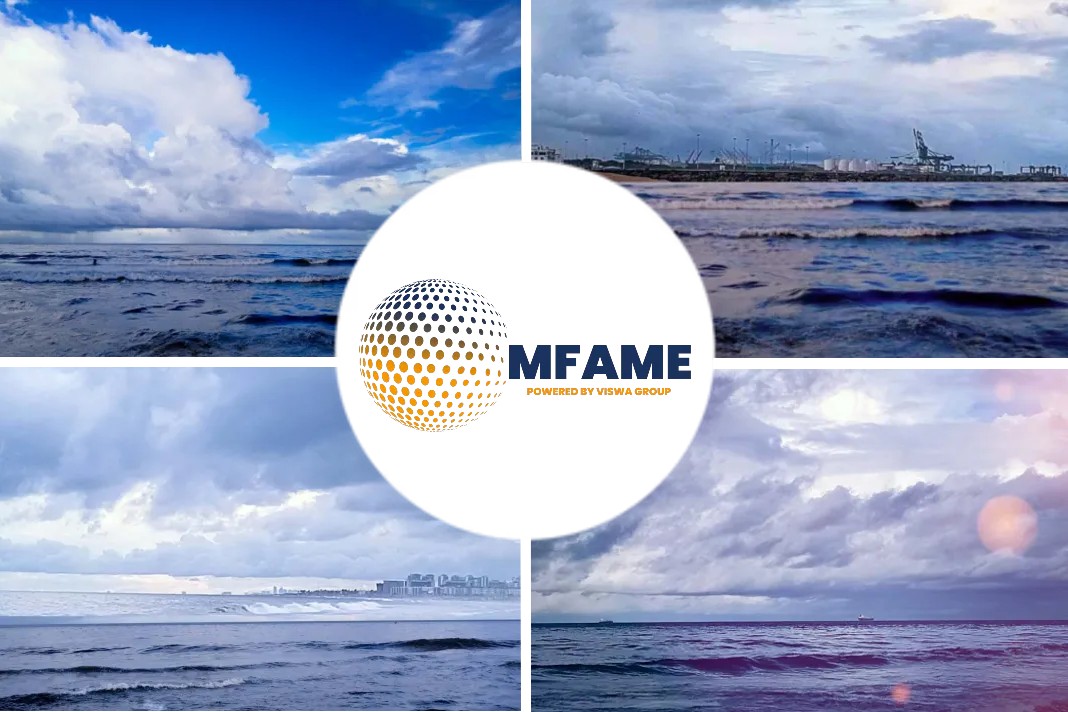- Europe’s first dredger converted dual-fuel LNG/MGO propulsion has returned to work after signing a 23-month contract.
- The dredger named Samuel de Champlain is owned by Rouen-based GIE Dragages-Ports and operated by the Port of Nantes-Saint-Nazaire.
- The conversion was possible through a subsidy from the European Commission’s Innovation and Networks Executive Agency (INEA) via its Connecting Europe Facility program.
According to an article published in Maritime Propulsion, the first European dredger converted to dual-fuel LNG/MGO propulsion has departed Damen Shiprepair Dunkerque.
All set to return to work
The vessel is all set to return to work, 23 months after contract signing. The 117m, 8,500 cubic metre trailing suction hopper dredger Samuel de Champlain is owned by Rouen-based GIE Dragages-Ports and operated by the Port of Nantes-Saint-Nazaire.
Dual-fuel engines
Damen delivered a turnkey package that included engineering, procurement, installation, commissioning, and support. Key features included changing of the engines to dual-fuel (LNG/Diesel) models, the installation of onboard LNG storage facilities, and maintenance support for eight years.
Team prepared to handle challenges
The DSDu team encountered and helped to solve a series of unforeseen challenges, challenges which included revisions to the detailed engineering after a decision was taken to install different engines than originally planned, engines that were considerably larger than those first specified. The solution included the building of a new engine room in the DSDu workshop.
Piping interface to reduce cables
With the new engines came the need for a connection solution, specifically the interface linking the electrical facilities to the new engines as well as piping. As with most vessels, the cabling was complex the mandate was to reduce as much as possible the number of cables needed for the interface. In regards to the piping, 25 tons of piping were re-engineered, fabricated and installed.
About the vessel
Samuel de Champlain was built in 2002 and is the largest vessel in the GIE Dragages-Ports fleet. Based in the Grand Port Maritime of Nantes-Saint-Nazaire, it divides time between the Loire and Seine estuaries. The conversion project was made possible by a subsidy from the European Commission’s Innovation and Networks Executive Agency (INEA) via its Connecting Europe Facility program.
Did you subscribe to our daily newsletter?
It’s Free! Click here to Subscribe!
Source: MaritimePropulsion
















